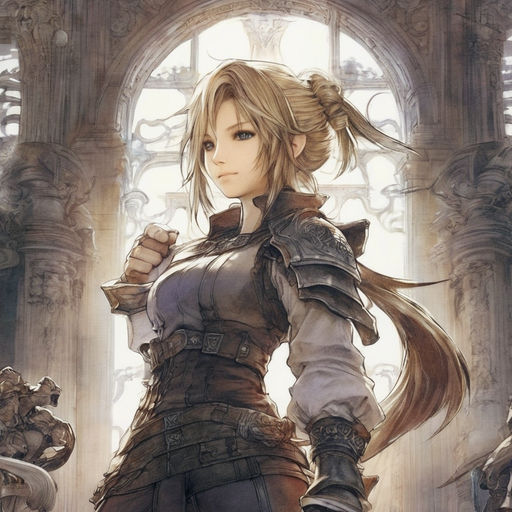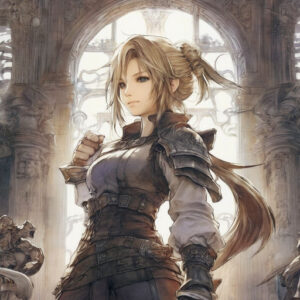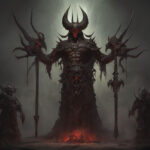Final Fantasy: A Legacy of Adventure and Imagination
The Final Fantasy series is one of the most iconic and enduring franchises in the history of video games. Created by Hironobu Sakaguchi and first released by Square Enix (then Square) in 1987, Final Fantasy started as a last-ditch effort to save the struggling company. Ironically, it became an unprecedented success, helping to transform Square Enix into a gaming giant and leaving a lasting impact on the gaming industry. With over fifteen mainline titles and numerous spin-offs, remakes, and adaptations, Final Fantasy has shaped the world of RPGs and inspired generations of gamers worldwide.
Click&Win
One of the most unique aspects of Final Fantasy is that each game, while part of the same series, typically features a new world, characters, and storyline. This creative approach allows each title to explore new themes and innovative gameplay elements, keeping the series fresh and appealing to a broad audience. For example, Final Fantasy VII (1997) is known for its dark, industrial setting and memorable characters like Cloud Strife and Sephiroth, while Final Fantasy IX (2000) returns to a more medieval, fantasy-style world with a heartwarming, adventure-driven story. This diversity within the series is one reason for its long-lasting appeal.
Another standout feature of Final Fantasy is its innovative combat systems, which have evolved significantly over the years. Early games in the series employed a traditional turn-based battle system, where players would choose commands for each character, such as “Attack” or “Magic.” Later titles introduced real-time and action-based systems, like the Active Time Battle (ATB) system in Final Fantasy IV and the fast-paced combat of Final Fantasy XV. These changes have allowed the series to appeal to both longtime fans and newcomers who may prefer modern, dynamic gameplay.
The visual and musical elements of Final Fantasy also contribute to its legendary status. Renowned composer Nobuo Uematsu crafted memorable soundtracks for many of the early games, with songs like “One-Winged Angel” and “To Zanarkand” becoming iconic. The series’ graphics have also consistently pushed boundaries, from pixel art in the early games to photorealistic 3D in recent titles like Final Fantasy XVI. This dedication to quality art and sound enhances the immersive worlds and emotional storytelling that the series is known for.
In conclusion, Final Fantasy is more than just a video game series; it is a cultural phenomenon that has influenced the RPG genre and gaming as a whole. With its constantly evolving gameplay, compelling narratives, and captivating artistry, Final Fantasy continues to enchant both old fans and new players. Whether through classic titles or modern entries, Final Fantasy remains a testament to the power of imagination and the joy of storytelling in video games.



